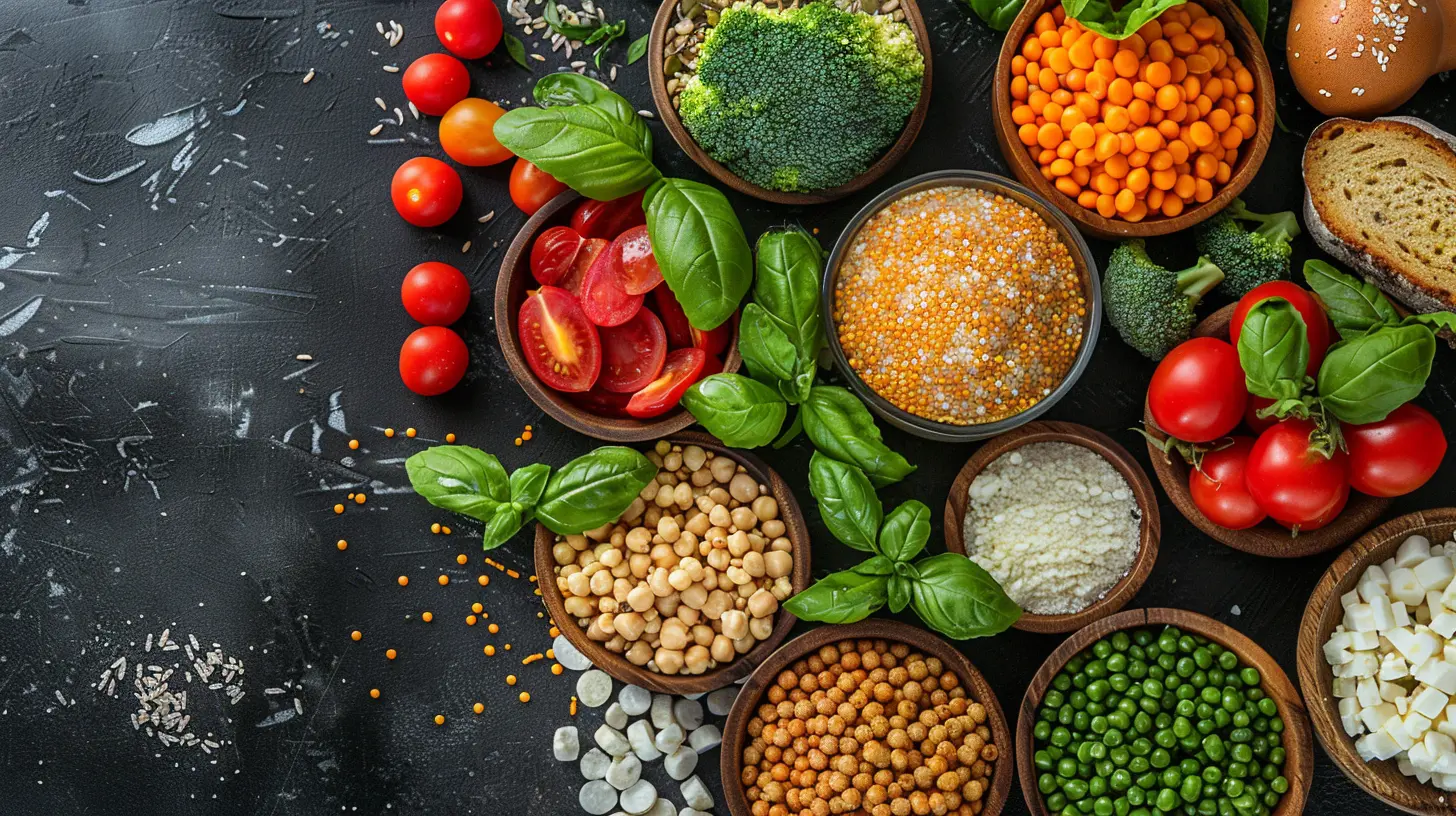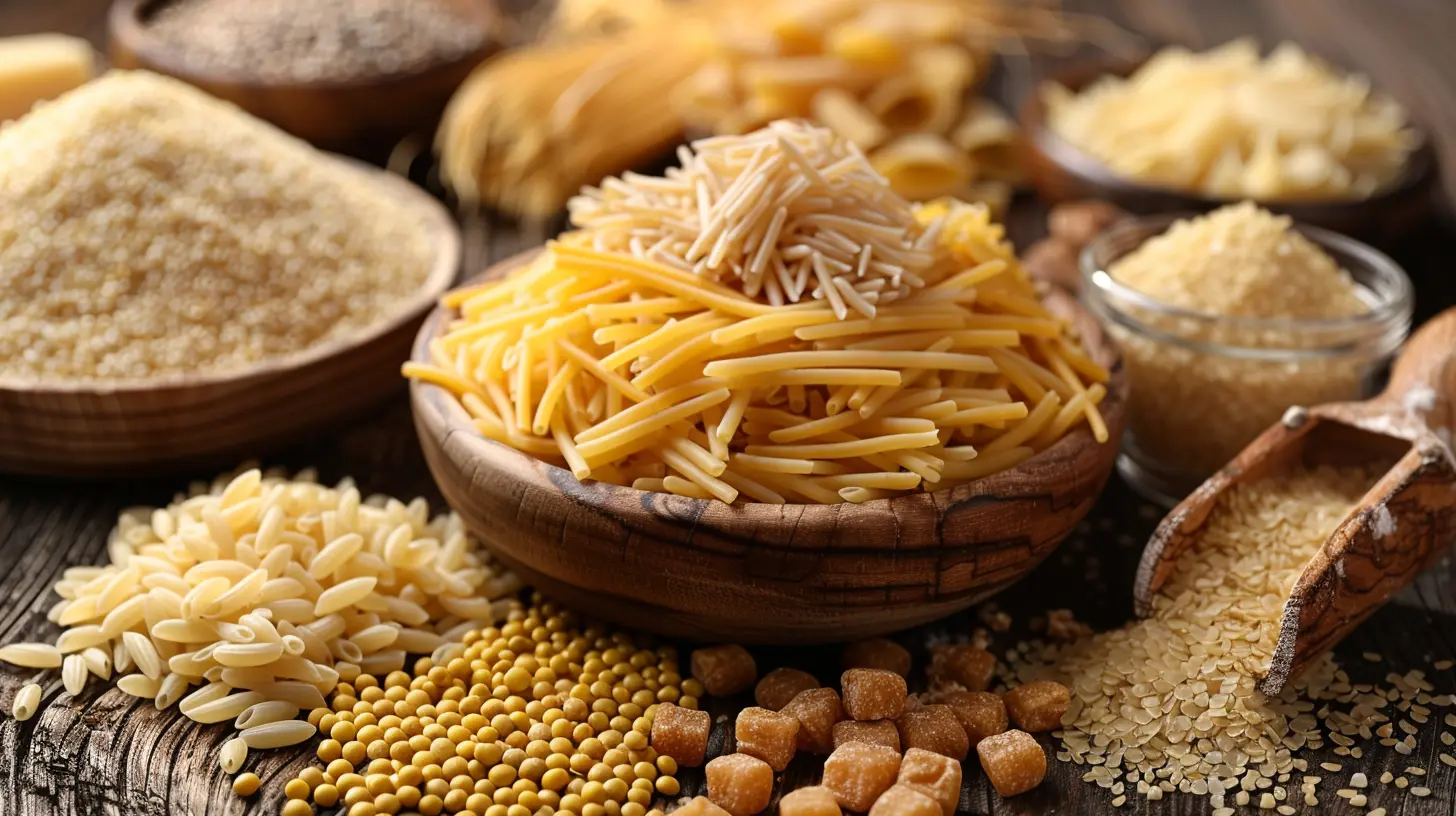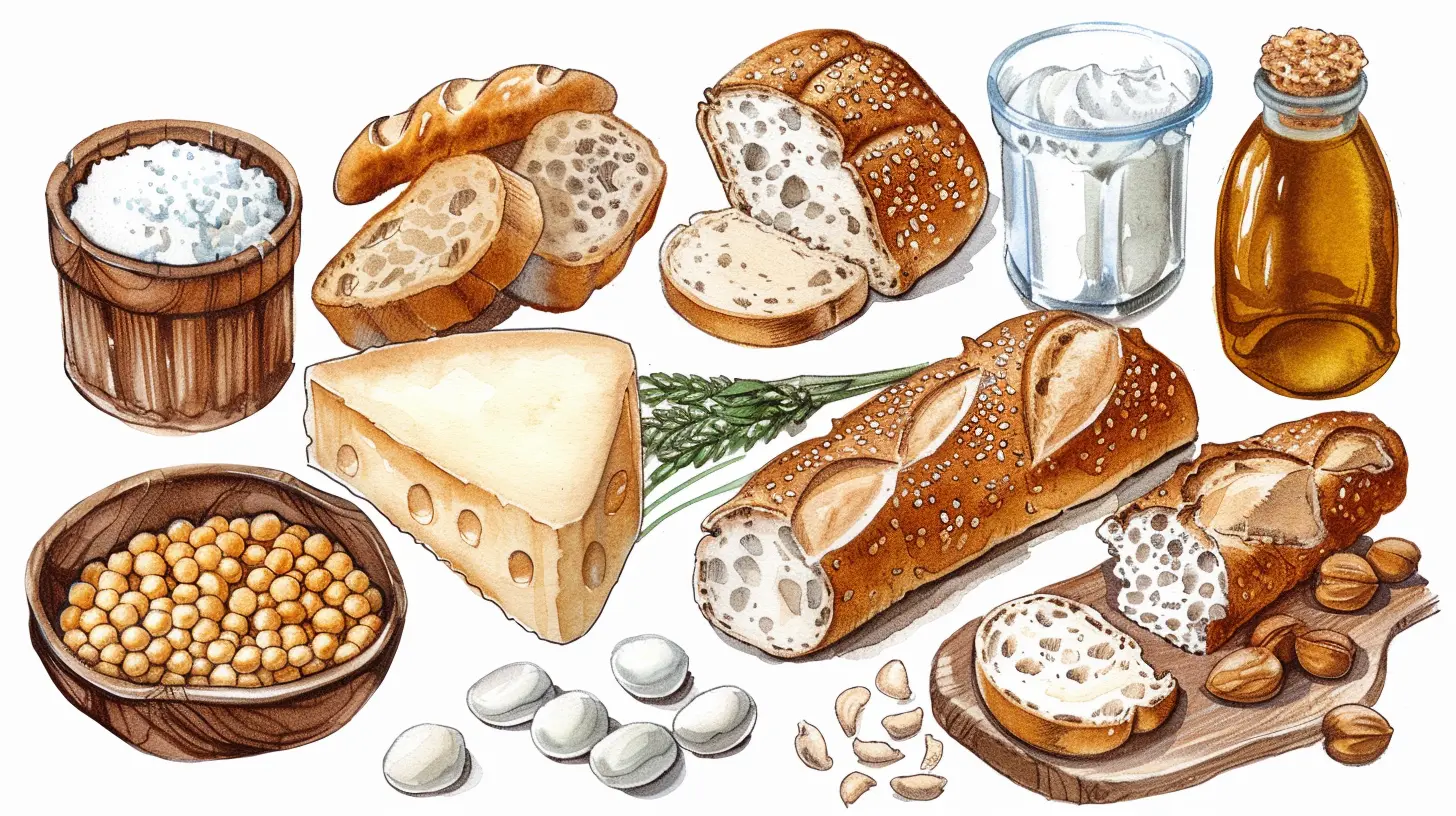3 January 2025
Living with diabetes often comes with a common misconception: “Carbs are the enemy.” But hey, let me stop you right there! Carbohydrates aren’t the villain of the story. In fact, they’re a vital source of energy for your body. The real trick is understanding which carbs are worth inviting to the party. Choosing the right ones can help maintain steady blood sugar levels, improve energy, and contribute to overall health. Sounds good, right? Stick around, and I’ll guide you through the best carbohydrates for diabetics. You’ll never look at carbs the same way again.
Why Should Diabetics Care About Carbs?
Let’s get one thing straight: Not all carbs are created equal. For diabetics, carbohydrates impact blood sugar more than any other macronutrient. This is because your body breaks them down into glucose, which directly affects your blood sugar levels. Managing this process can sometimes feel like walking a tightrope, but trust me, it’s doable.The key lies in choosing “smart carbs” — the kind that are nutrient-dense, digest slowly, and won’t send your blood sugar on a rollercoaster ride. Think of carbohydrates as a toolbox: You wouldn’t grab a hammer to tighten a screw, right? Similarly, you need to pick the right carbs for the job. Ready to learn which ones?
Types of Carbohydrates: The Good, The Bad, and The Ugly
Before diving into the best carbs for diabetics, let’s break it down. Carbs come in three forms:1. Simple Carbs: These are the fast-digesting troublemakers. Found in sugary snacks, sodas, and refined grains, they cause quick blood sugar spikes — and equally fast crashes. They might be tempting, but they’re not your friends.
2. Complex Carbs: These are the MVPs. Packed with fiber, vitamins, and minerals, complex carbs digest more slowly, keeping your blood sugar steady. Think whole grains, legumes, and vegetables.
3. Fiber: Okay, technically, fiber is a type of complex carb, but it’s so special that it deserves its own spotlight. Fiber can’t be digested by the body, so it doesn’t raise blood sugar. Instead, it helps slow digestion, keeping you full for longer. Pretty awesome, right?
Steering clear of simple carbs and making complex carbs your go-to is the name of the game. But if you’re wondering exactly what foods to put on your shopping list, I’ve got you covered.
The Best Carbohydrates for Diabetics
Here’s a list of superstar carbs that are diabetic-friendly. They’ll fuel your body without wreaking havoc on your blood sugar.1. Whole Grains
Whole grains are like the golden retrievers of carbs: loyal, dependable, and always a good choice. Unlike refined grains (hello, white bread), they still contain the bran, germ, and endosperm, which means more fiber and nutrients.- Examples: Quinoa, brown rice, whole wheat bread, barley, oatmeal
- Why They Rock: Their fiber content slows digestion, leading to stable blood sugar levels. Plus, they keep you feeling full, so you’re less likely to snack on less healthy options.
2. Legumes
Legumes are tiny powerhouses of nutrition. With their mix of protein, fiber, and complex carbs, they’re a diabetic’s best friend. Plus, they’re incredibly versatile — you can toss them into salads, soups, or even make them the star of the show.- Examples: Lentils, chickpeas, black beans, kidney beans
- Why They Rock: Low on the glycemic index, legumes digest slowly and provide steady energy without spiking blood sugar.
3. Non-Starchy Vegetables
You can’t go wrong with non-starchy veggies. These low-calorie, nutrient-dense foods are packed with fiber and have minimal impact on blood sugar. They’re basically Mother Nature’s gift to diabetics.- Examples: Spinach, kale, broccoli, cauliflower, zucchini, cucumbers
- Why They Rock: They’re low in carbs but high in vitamins, minerals, and antioxidants. And let’s be honest, who doesn’t love a hearty stir-fry or a crunchy salad?
4. Fruits (In Moderation)
Yes, you can eat fruit! While fruits do contain natural sugars, they also come with fiber, which slows down sugar absorption. The trick is to opt for low-glycemic fruits and mind your portion sizes.- Examples: Berries (strawberries, blueberries, raspberries), apples, pears, oranges
- Why They Rock: Packed with fiber and antioxidants, these fruits satisfy a sweet tooth without spiking blood sugar. Plus, they’re incredibly refreshing!
5. Nuts and Seeds
Okay, technically these aren’t traditional “carbs,” but hear me out. Many nuts and seeds contain small amounts of complex carbs, along with protein and healthy fats that help balance blood sugar.- Examples: Almonds, walnuts, chia seeds, flaxseeds
- Why They Rock: The mix of nutrients in nuts and seeds helps slow digestion. Bonus: They’re great for snacking and add crunch to any meal.
6. Sweet Potatoes
If you’re craving something starchy and comforting, sweet potatoes are the way to go. They’re an excellent source of fiber, vitamins, and antioxidants that support healthy blood sugar levels.- Why They Rock: Their natural sweetness and high fiber content make them a satisfying, diabetic-friendly alternative to regular potatoes.
7. Greek Yogurt
While technically not a carb on its own, Greek yogurt can be a great base for a diabetic-friendly carb-loaded snack. Pair it with some berries or a sprinkle of chia seeds, and you’re good to go.- Examples: Plain, unsweetened Greek yogurt
- Why It Rocks: It’s high in protein and low in carbs, helping to balance your snack and keep blood sugar stable.
How to Incorporate These Carbs into Your Diet?
Now that you’ve got your dream team of carbs, the next question is: how do you actually use them without getting bored? Let me give you a few ideas!- Swap white rice for quinoa or brown rice in your stir-fries.
- Add legumes to soups, stews, or salads for a protein and fiber boost.
- Create a colorful veggie medley with non-starchy vegetables as your side dish.
- Snack on apple slices with almond butter for fiber and a touch of healthy fat.
- Make a hearty breakfast out of oatmeal topped with fresh berries and a sprinkle of nuts.
Pro tip: Always aim for balance. Pair your carbs with a source of protein or healthy fat. For example, have whole wheat toast with avocado or some Greek yogurt with chia seeds. It’s like building a team — everyone works better together.
Tips for Managing Carbs Effectively
Because managing diabetes isn’t just about what you eat, but also how you eat:1. Watch Your Portions: Even healthy carbs can cause blood sugar spikes if you overdo it. Use smaller plates or measure servings to stay on track.
2. Spread It Out: Instead of eating a massive carb-heavy meal, break your intake into smaller portions throughout the day.
3. Read Labels: If you’re buying packaged foods, check the label for added sugars and hidden carbs. Less is more here.
4. Experiment: Everyone reacts differently to carbs. Use a glucometer to see how certain foods affect your blood sugar and adjust accordingly.
5. Get Moving: Physical activity can help regulate blood sugar. A short walk after meals can work wonders.









Dean Cook
Thank you for this informative article! I appreciate the clear breakdown of healthy carbohydrate options for diabetics. It's so helpful to have guidance on making better food choices. I'm eager to incorporate these suggestions into my meals and manage my health more effectively. Keep up the great work!
January 30, 2025 at 6:00 PM